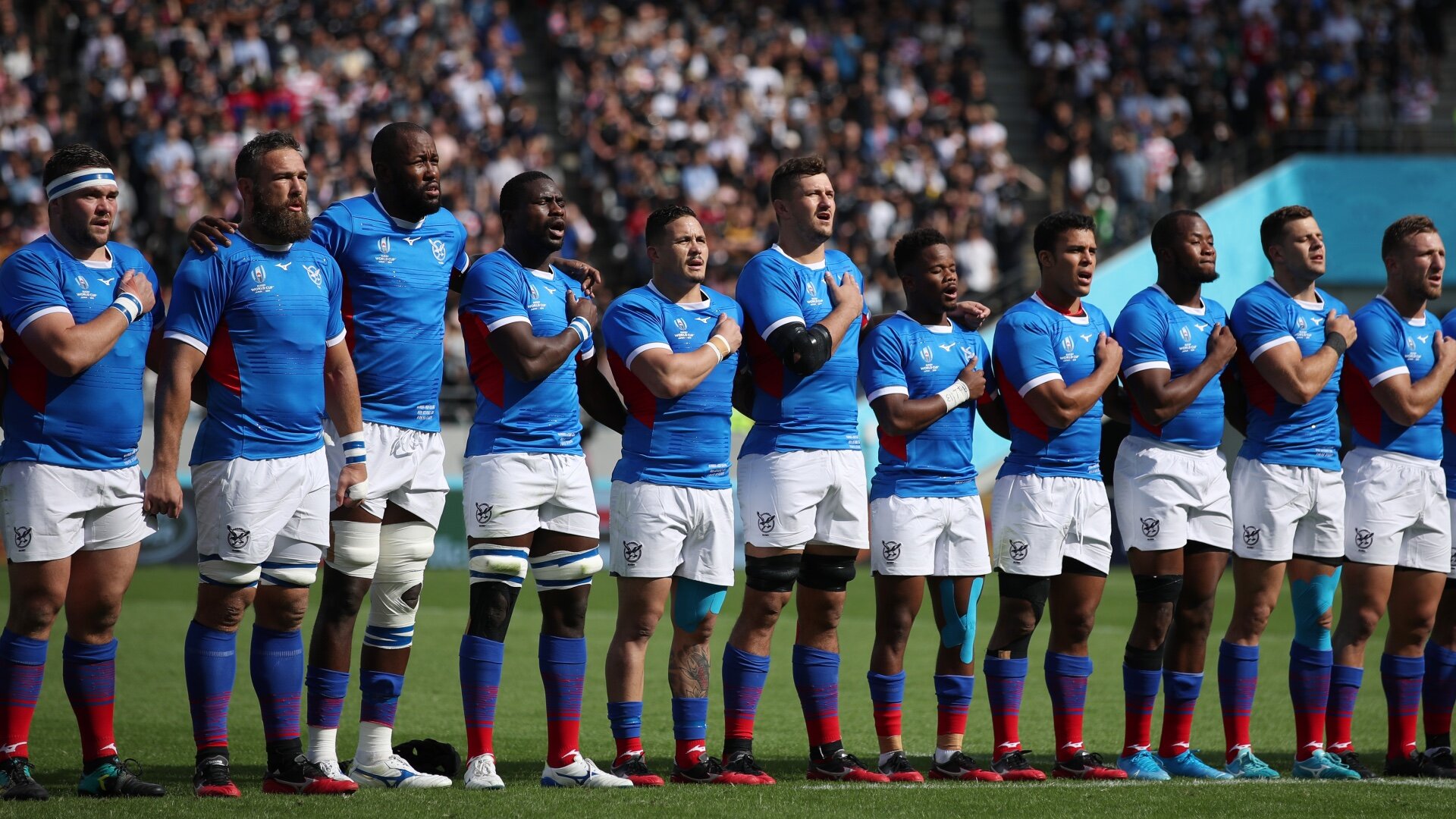Rugby World Cup regulars suffer shock defeat in qualifiers

The race to qualify for Rugby World Cup 2023 threw out some incredible upsets in Africa this week.
In the opening round of the Rugby Africa Cup, a competition that makes up part of the Rugby World Cup 2023 qualifying process, the Ivory Coast registered a 24-13 victory over Namibia, whilst Senegal defeated Kenya 20-19. It was a late converted try for Senegal that ultimately proved decisive as they claimed victory over a side more than 20 places above them in the World Rugby Rankings.
The shock losses mean both Namibia and Kenya must win their second fixtures to keep alive their hopes of making it to France 2023. Namibia are due to play Madagascar on Wednesday while Kenya next play on Sunday, 11 July, against Zambia.
The Namibians and Kenyans will of course be expected to win their matches comfortably against teams far lower than themselves in the World Rankings. Madagascar currently reside at 51st in the ranks, with Zambia below them still, down in 66th. Yet, if the results from this week prove anything, it’s that rankings don’t necessarily determine results.
This year’s Rugby Africa Cup sees 12 teams split into four pools:
Pool A – Ivory Coast, Madagascar, Namibia.
Pool B – Kenya, Senegal, Zambia.
Pool C – Algeria, Ghana, Uganda.
Pool D – Burkina Faso, Tunisia, Zimbabwe.
Namibia possess relative World Cup pedigree compared to their eleven competitors having featured at six tournaments, in a run of appearances dating back to 1999. Of the remaining teams, only Zimbabwe and Ivory Coast have played at World Cups, with the former playing at two – the inaugural tournament in 1987 and four years later in 1991, whilst the latter made their only appearance at the 1995 tournament.
PLAYER RATINGS: How we rated the Lions' performance after the side laid down a significant marker in Jo'burg #LionsRugby #LIOvBIL https://t.co/HwcSwVDIgY
— RugbyPass (@RugbyPass) July 3, 2021
Kenya are a more recognisable feature of the World Rugby Sevens Series, their highest finish in that competition being 5th in the 2012/13 season.
Yet experience is similarly no guarantee of current success and the competition for World Cup qualification will most definitely have tightened following these results. Another great leveler of the competition has emerged through the absence of many of Namibia’s key players.
The Pool A and B matches are to be played between 3rd and 11th July while Pools C and D take place from 9th-18th July.
The top two sides from each pool will move into next year’s tournament, hence why a win in their second game is so crucial for Namibia and Kenya.
Rugby Africa Cup 2022 has a knockout format – quarter-finals, semi-finals and final – and will determine the Africa qualifier for the next World Cup.
The winner of that final in 2022 will go through to RWC 2023 as Africa One and join Pool A with New Zealand, France, Italy and Americas One. The runner-up will move into the Final Qualification Tournament.

































